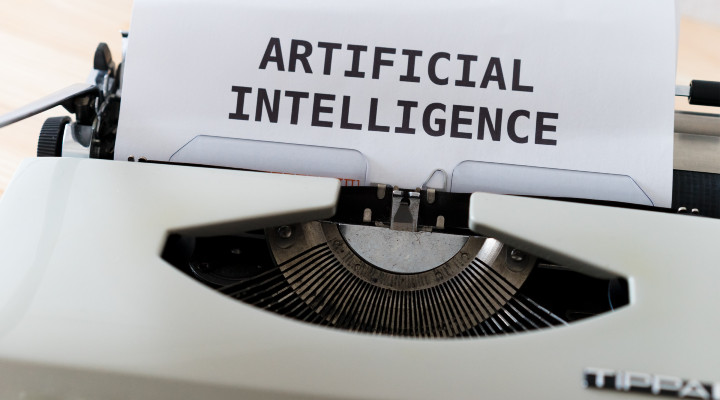2023 would probably be best remembered for the AI revolution that kicked off with the unveiling of ChatGPT. It’s become an overnight sensation, and now major technology companies like Microsoft, Google and Amazon are all locked in an AI arms race.
In the world of fashion, it has been speculated that it could be possible that future designs on the runways of London, Milan, New York and Paris, could come from generative artificial intelligence programs.
An article from McKinsey & Co explores this idea in some depth. It speculated that future fashion collections could be made with a creative director and an AI program to bring clothes and accessories to market faster, more efficiently and improve the CX factor as well.
When one looks at what the fashion industry has been experimenting with, the metaverse, non fungible tokens (NFTs), digital IDs, augmented reality and virtual reality are the main preoccupations that come to mind. It has so far had little experience with generative AI – but that could soon change.
A $275 billion dollar windfall
In the next three to five years, generative AI could add $150 billion, conservatively, and up to $275 billion to the apparel, fashion, and luxury sectors’ operating profits, according to McKinsey & Co research.
In December last year, Hong Kong based start-up Code Create launched the world’s first artificial intelligence (AI) platform for fashion design.
Called AiDa, the technology was unveiled at the Fashion x AI event in Hong Kong, where international brands and designers including Besfxxk, Injury, The World Is Your Oyster, Mountain Yam, Kay Kwok and Fengyi Tan debuted their inaugural AI-driven collections.
Another start-up called YesPlz, recently unveiled its ChatGPT Fashion Stylist, which it claims to be the world’s first AI-powered virtual personal shopper.
Powered by state-of-the-art machine learning technology, ChatGPT Fashion Stylist combines natural language processing and advanced technology to provide real personalization catering to users’ unique style and preferences.
The system could offer personalised curations based on individual customer preferences, as well as styling suggestions that could be used for any fashion brand.
Jiwon Hong, CEO of YesPlz, said that the company integrated ChatGPT with the fashion AI solution that included image tagging, a unique fashion transformer and intuitive AI to help shoppers easily discover styles while directly connecting to a product catalogue.
What’s next?
According to Sarah Neill, CEO and founder of Mys Tyler, the world of fashion has been ripe for disruption for a long time now.
She believes that the inefficiencies that have existed such as a lack of representation, poor fit and high returns have been amplified by the shift to online shopping which was accelerated by Covid, fast fashion and an increasingly global world.
“Beyond that, an increase in the production of clothing means that there is more choice for consumers than ever before. Shopping online is easy, the discovery and search for clothes that you’ll want to keep is where the real opportunity lies,” she told Inside Retail.
Neill thinks generative AI will allow personalisation to move from personas to persons. It will enable a more curated experience, more enticing product descriptions, and managing expectations so that items are not returned in the shopping experience.
“Right now AI is being used in a range of interesting ways including serving up personalised recommendations, and suggesting fit based on their past purchases/ returns. It’s also being used to show women what clothes look like on a similar body with avatars and virtual try-ons,” she added.
Customer centricity
Neill mentioned Mys Tyler utilises a combination of AI and human-based recommendations within its FIT Algorithm.
It is able to match women with like-bodied fashion content creators from around the world that are a similar height, shape and size, helping women see clothes on a body like theirs, and making it easier to buy clothes that don’t need to be returned.
“There’s a huge amount of waste due to a mismatch of supply and demand, and poor fit. One of the UN’s sustainable development goals (SDGs) is sustainable consumption, and AI can play an important role,” she said.
It can improve forecasting, improving the match between people and products and even helping consumers make the most of their current wardrobes through inventory management and suggestions.
“Many people stick to brands they know fit, but if AI can prove to deliver reliable fit then it will open the door for smaller and newer brands to reach more users and build their businesses. Loyalty will always be important, but I think it will bring down barriers of entry overall,” she concluded.






